The first time I ever saw a washlet, to be entirely honest about it, I was genuinely afraid to sit down. To my unschooled Western eyes, it looked like an ejection seat in a fighter jet. Seeing it plugged into the wall most definitely made me pause. I’m not exactly excited about having 100 volts of electricity anywhere near the 2nd most important cluster of organs on my body — the ones responsible for both a great deal of pleasure, as well as relief from the build up of sludge and stinky fluids.
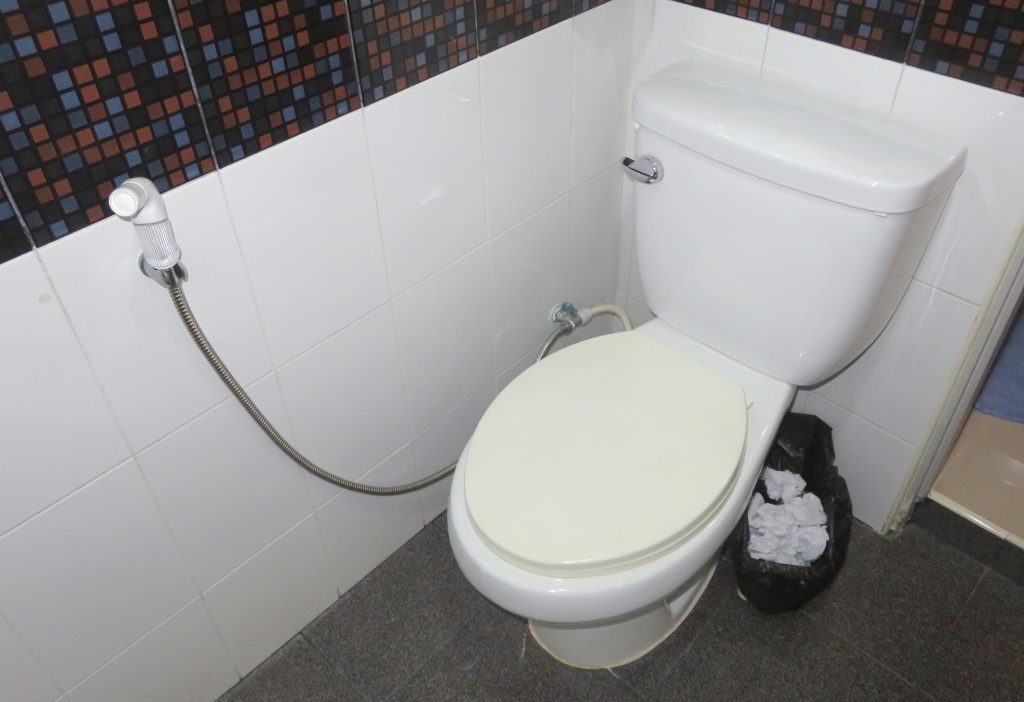 The washlet is the technological evolution of the “bum gun”, a simple, standard approach to hygiene for the private parts, still commonly seen in Southeast Asia — Cambodia, Laos, Thailand, Vietnam, Myanmar.
The washlet is the technological evolution of the “bum gun”, a simple, standard approach to hygiene for the private parts, still commonly seen in Southeast Asia — Cambodia, Laos, Thailand, Vietnam, Myanmar.
When I first saw a bum gun, I thought “how primitive!” The real truth? My disdain itself was an embarrassingly primitive, insular, knee-jerk reaction. What do I mean by that?
I imagine an advanced race of extraterrestrials returning from our beloved planet Earth, reporting to the Council of Wise Elders on their own beloved space rock: “Well, they’re an interesting but strange bunch there on Earth. In some ways, they’re quite advanced. But in others quite puzzling to say the least. They actually cut down trees to wipe their asses.”
Yes, we cut down trees, process them, turn them into pulp, then toilet paper. You know what happens next.
The bum gun does the job much more admirably and is much more eco-friendly, at least in terms of maintaining forest cover on our ravaged planet.
Just spray and wash. Pat with a towel. Get on with your life. Frankly a thorough wash is much more sanitary than . . . you know how it goes.
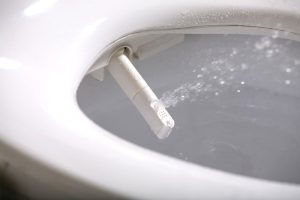
Back to the washlet, a Japanese innovation I put on a par with the invention of the steam engine or artificial intelligence.
Washlets come in varying degrees of sophistication, accessorized to accommodate a wide range of tastes. But they all perform the same purpose. They wash you. Men in back. Women back and front.
You can adjust the temperature of the stream, the intensity of the stream. It can be just a direct stream or in “massage mode” a wiggling stream.
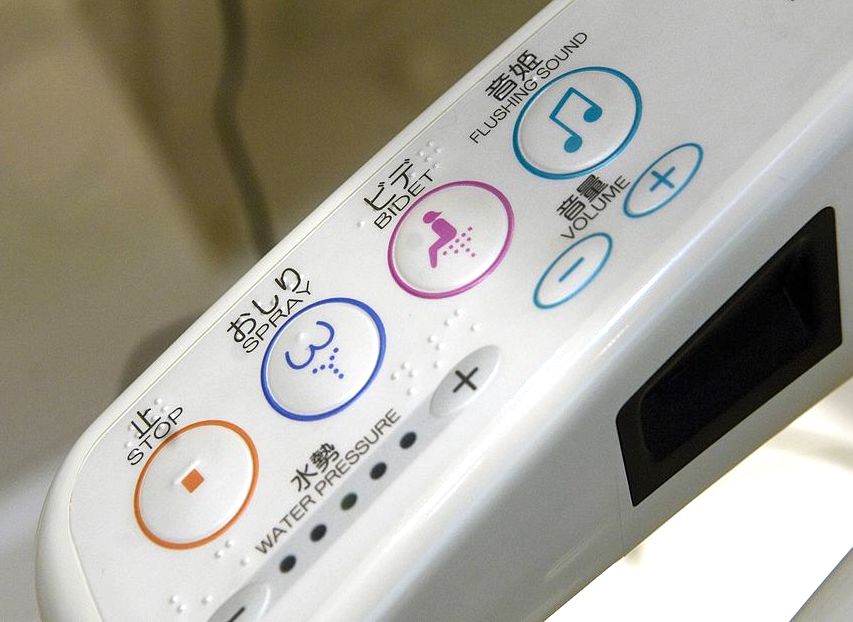 Some washlets greet you! Some play music. Some put the toilet seat up and down for you.
Some washlets greet you! Some play music. Some put the toilet seat up and down for you.
This borders on somewhat excessive for my particularly pedestrian world view and spartan expectations. But there’s one feature pretty standard on washlets that is truly admirable. THE TOILET SEATS ARE HEATED! And you can adjust the temperature on them too.
Why haven’t these caught on in Western countries? Has someone tried to market them to the wiping/smearing/stinky-butted round-eyed barbarians of Europe, the U.S., Australia, Canada, and the rest of the non-Japanese world . . . and gone bankrupt? I don’t get it.
Yes, I admire much about Japan. And every country has its pluses and minuses. You can examine and study, compare and argue, go back and forth, weighing the pros and cons.
Then some one thing comes along which is so phenomenal, so HUGE and AMAZING, so entirely off the charts, so beyond anything else on the table, it’s no longer a contest.
The simple unavoidable truth is . . .
Washlets put this country in a class by itself!

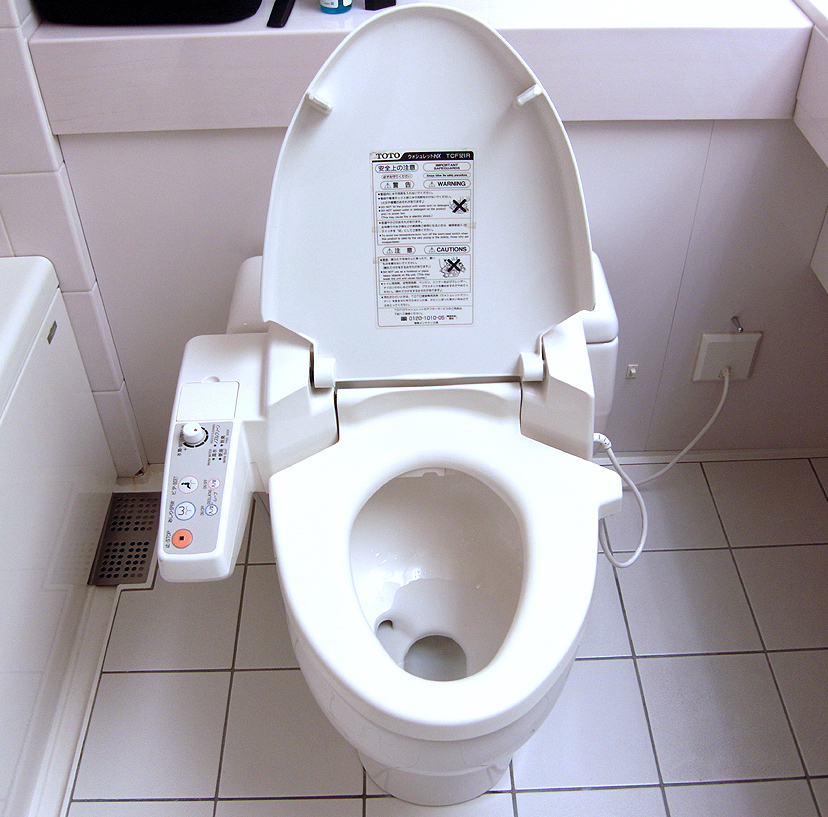

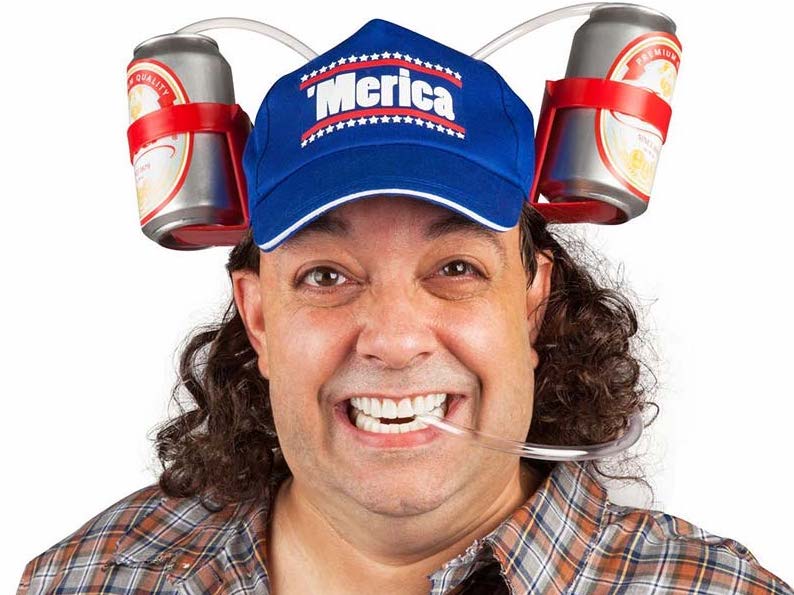
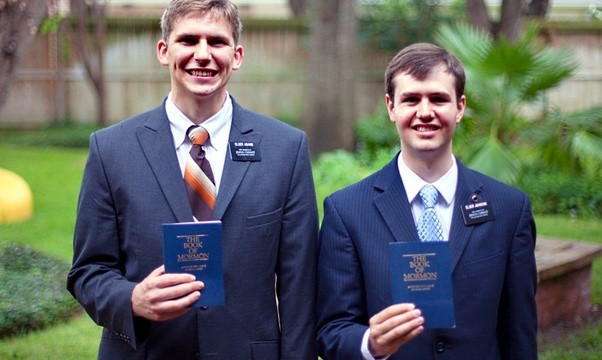
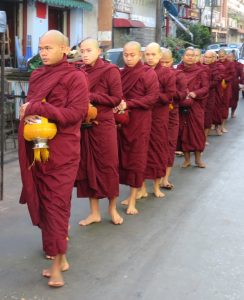
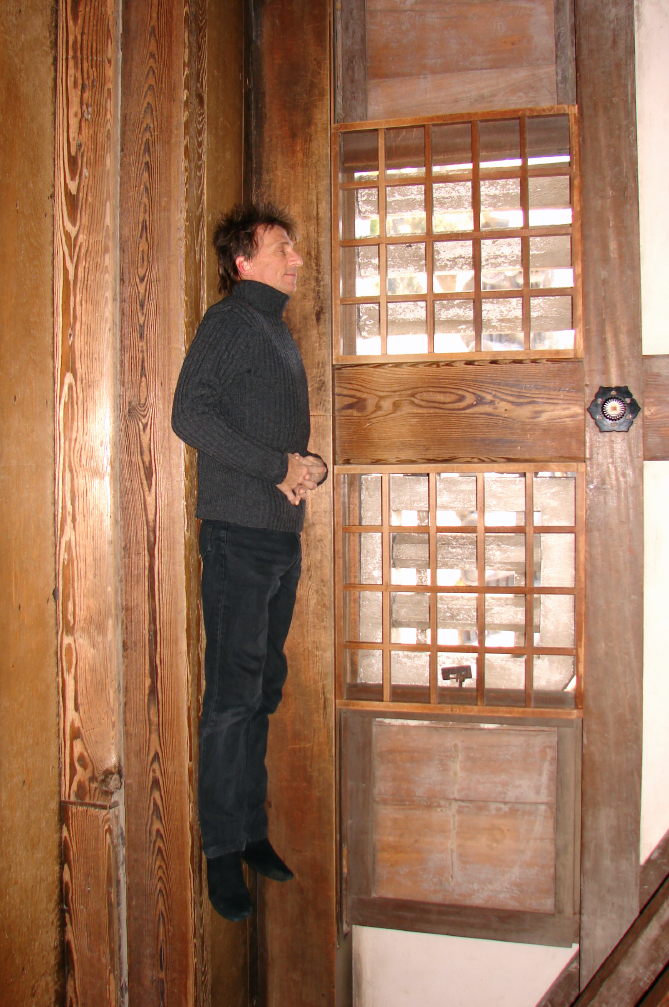






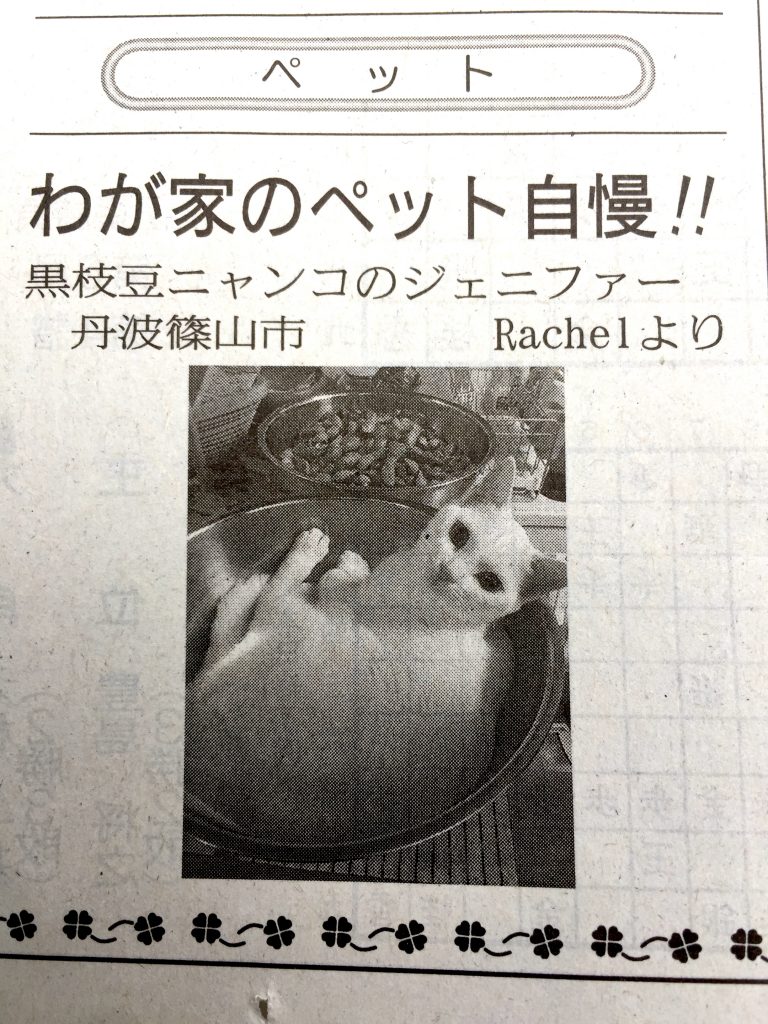
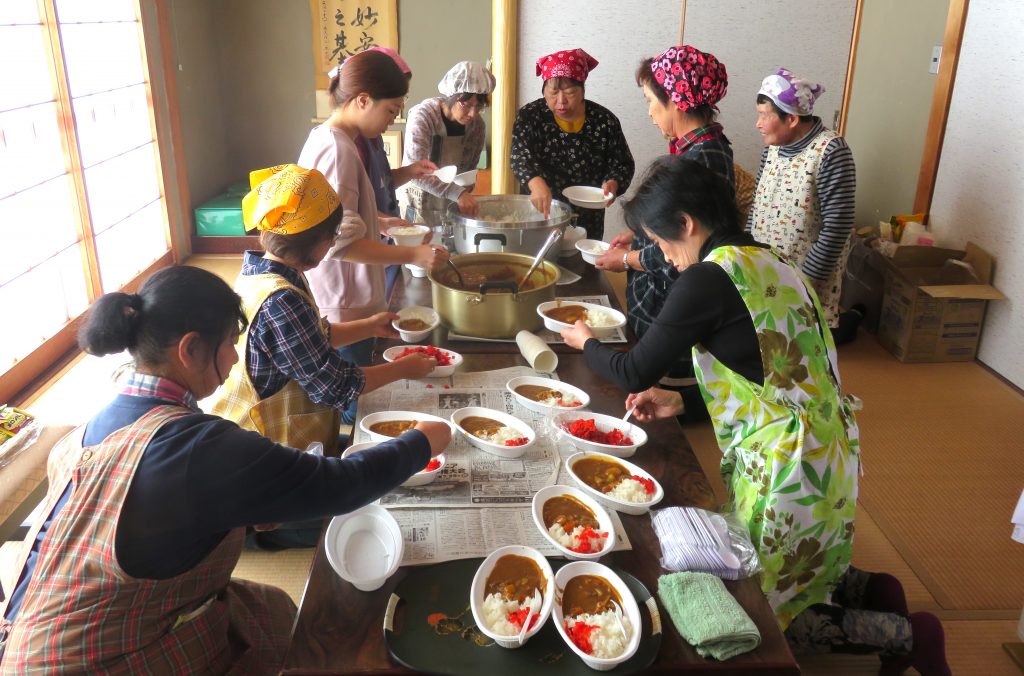
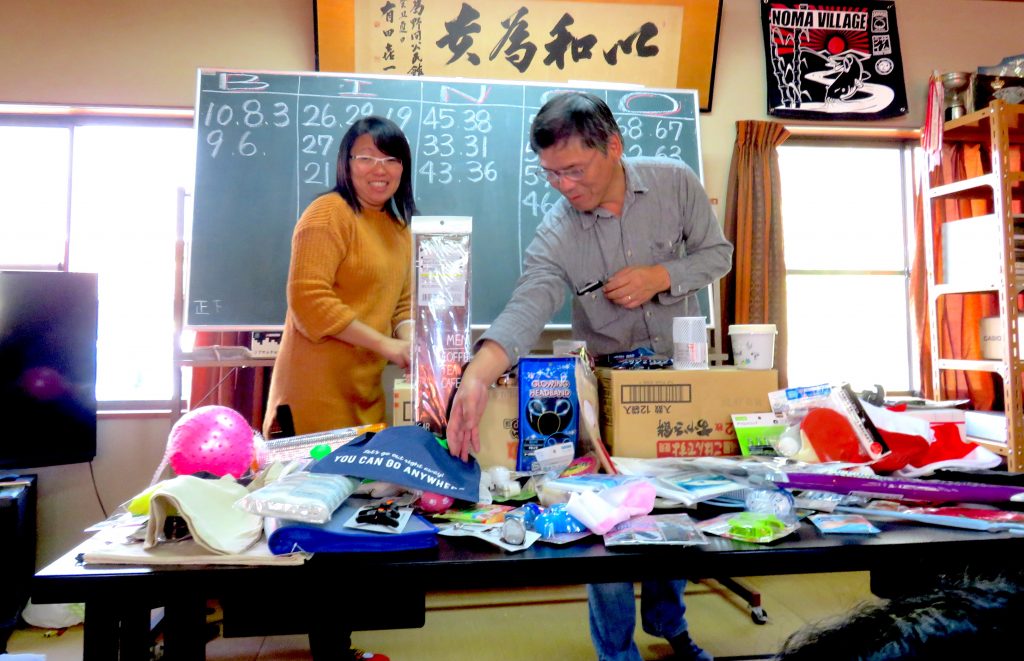
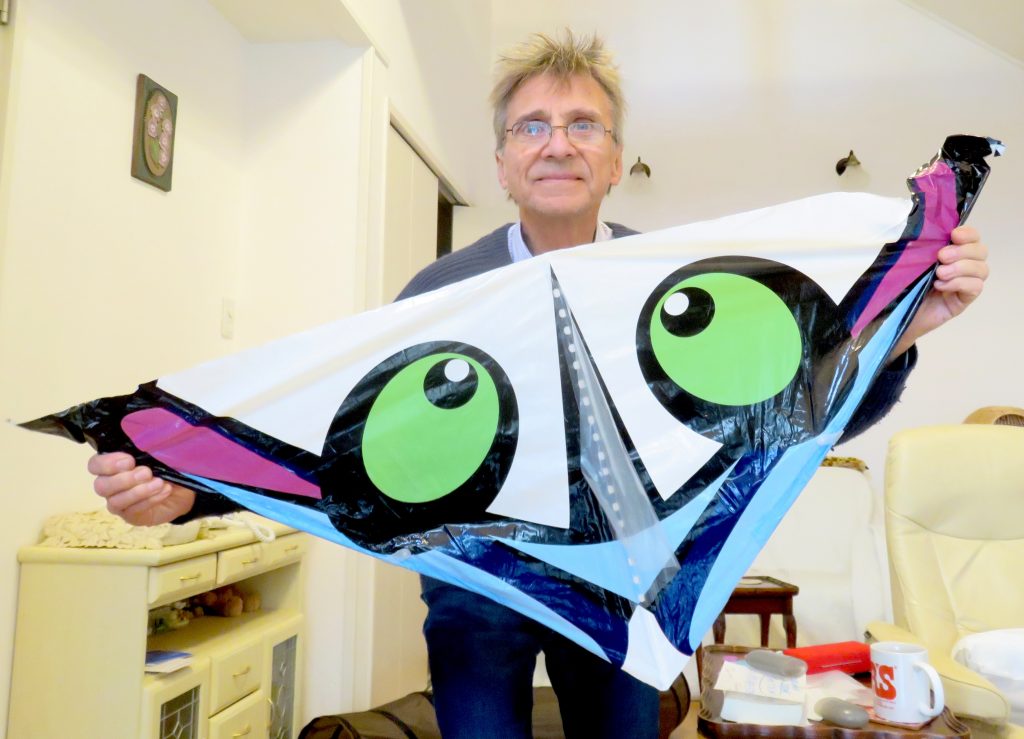
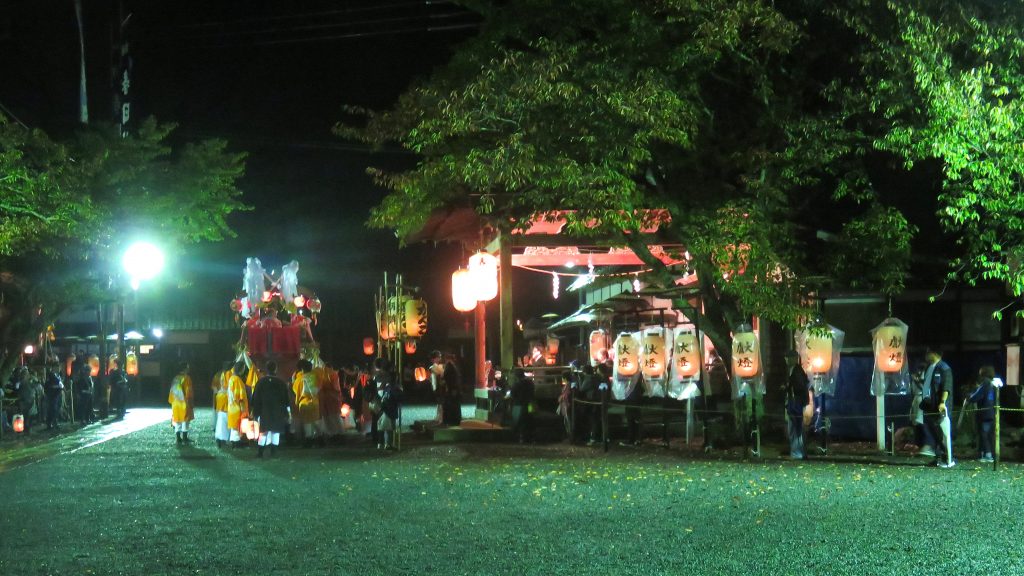
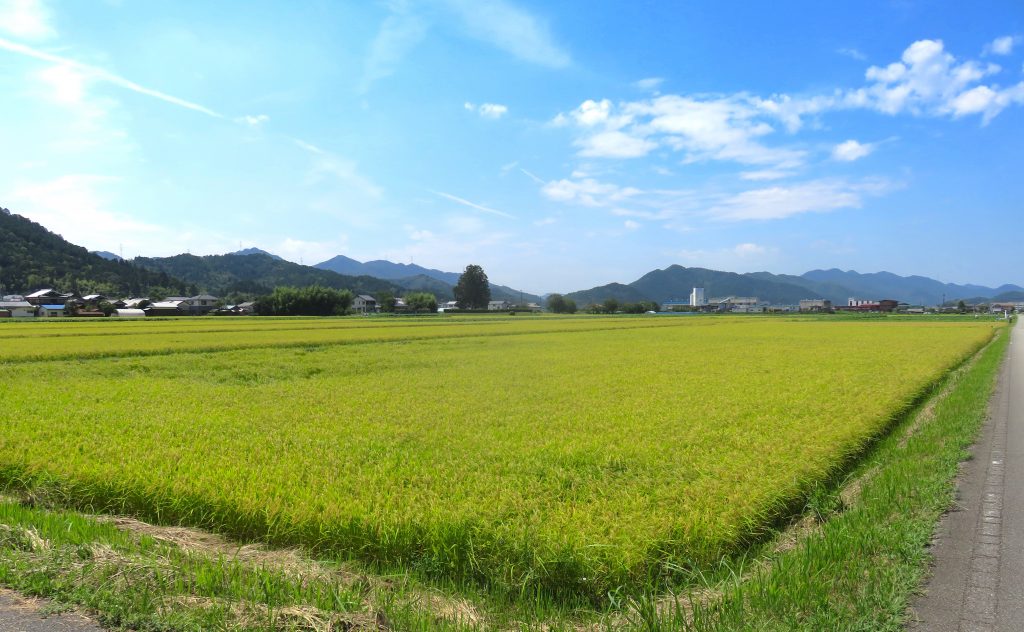
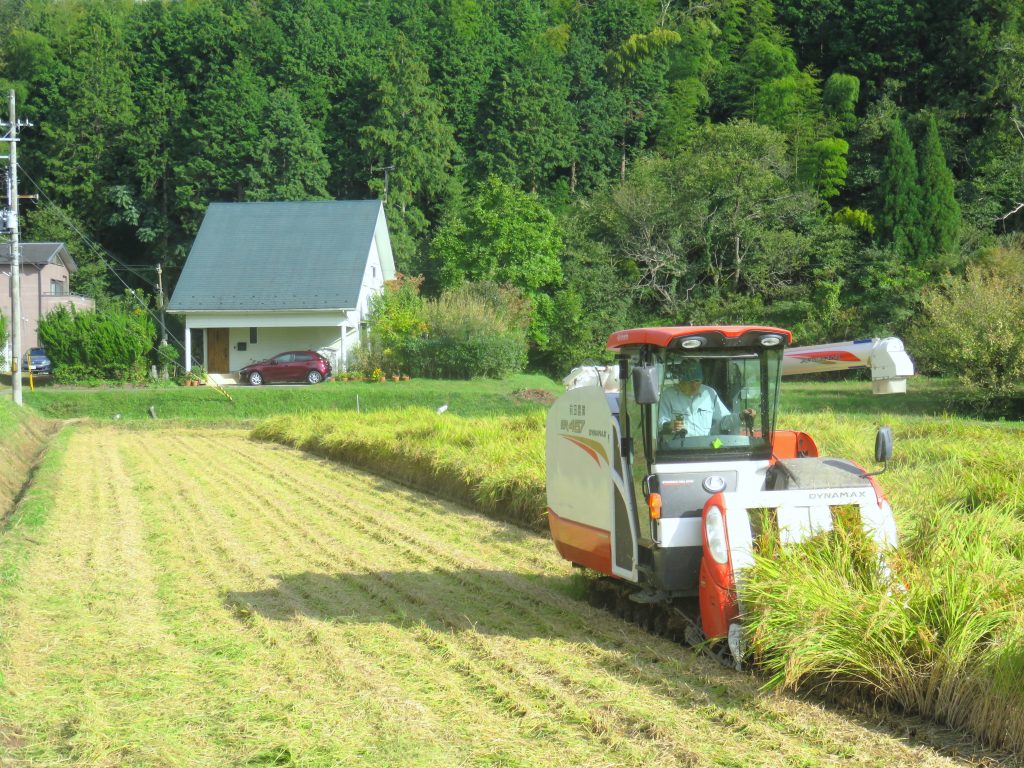
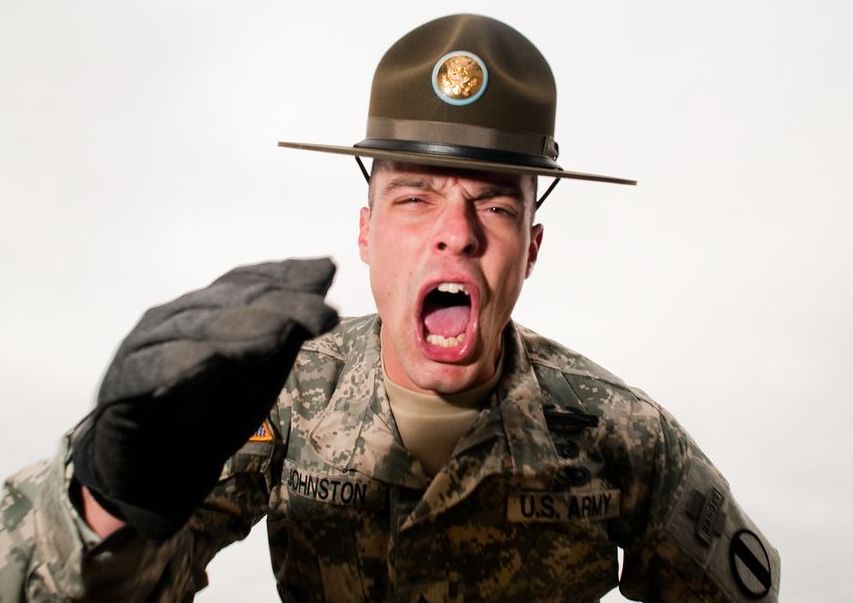



Life In Japan: Police Power
I’ve been spending time in Japan on and off for almost thirteen years. I’ve lived here as a permanent resident now for over eight. I can’t ever recall seeing a police officer smile.
Then again, they’re not paid to smile. Apparently they’re paid to serve and protect.
This story appeared as an article in this morning’s newspaper. Yes, we have it delivered everyday. It’s white paper with black printing, sometimes a few color photos, a pleasant way to keep informed, which my wife Masumi reads then we recycle. The story . . .
Kakogawa is a town in our area. There an 81-year-old lady’s disabled husband fell off the bed where he unfortunately spends most of his life now. She was unable to lift him and put him back into the bed. He himself could offer no assistance.
She called her son, who lives in Himeji. He promised to get there as soon as possible, but Himeji is well over an hour from Kakogawa.
The lady then called the police. Hoisting people from a fall is not really their job but they said they would get there as soon as possible.
Two policemen showed up at her house in ten minutes. They were able to get the old man back into the comfort of his bed. She was overwhelmed with gratitude. As they left, they reminded her to be sure and lock her door. I’m not sure why because crime is practically non-existent here in Japan, especially in the more outlying towns like Kakogawa.
To be honest, I have no way of knowing if the police officers smiled. But they certainly went way beyond their official line of duties to help this distressed old couple.
Protect and serve. Be human. Be helpful. Be kind.
What happened to America? When did public servants become the enemy?
Every nation has its pluses and minuses. Maybe I don’t look to the police here for a smile. But I know I can count on them if there’s a problem.